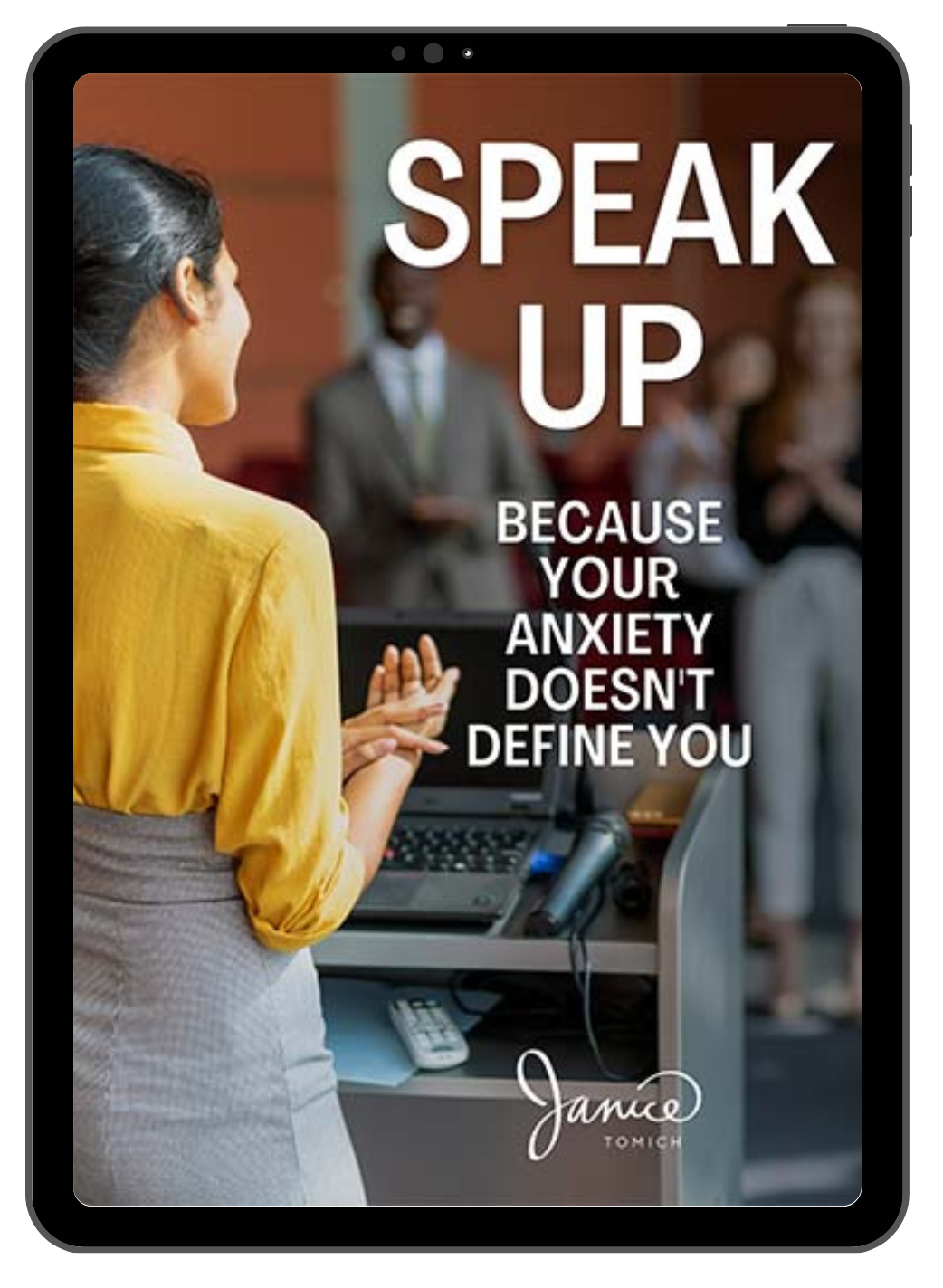During a recent conversation a self-identified extrovert shared with me that she loves being on stage, however, she gets anxious at the thought of speaking at ‘webinar’ style events. “It’s the fear of the unknown audience because I have no idea whom I’m speaking to and can’t read their body language for feedback,” she said.
Does the fear of speaking into a black hole of a faceless audience rattle you too? Have you been invited to a Facebook Live or asked to be an expert guest for a webinar and although you knew that it will help you build your career or business, you graciously declined and regretted it later?
Are you curious about how you can say an excited yes instead of an “in hindsight I shouldn’t have said no”?
The next time you’re thinking of shutting down the opportunity to be a guest on a podcast, webinar, or FB Live consider doing this instead:
Table of Contents
Practice
I know how much you love to practice your presentation over and over. It’s time-consuming. I get it. But the rewards outweigh the pain. I’m not talking about the kind of practice that you run through interview questions or key messages in your head.
I’m talking about standing up and going through script highlights or how you will answer scenarios by practicing out loud. It’s easy to get into the trap of your words sounding wonderful in your head, however, when you’re live it’s the same as comparing apples to oranges. You’re better served to have a friend or a public speaking coach put you through your paces.
Visualize
This may sound a little kooky, however, trust me it works.
Grab a few magazines and cut out pictures of four or five friendly faces that you think are similar to those of your audience. Or make it more personal. Perhaps a few pictures of family members or friends.
Tape them to the outer edges of your computer. If the chattering monkey starts brewing and tries to take you down the faceless black hole, look at the images of those friendly faces to bring you back to reality.
Get Comfortable With Being Uncomfortable
I’ll share a secret with you.
This is not easy and you have to be in the right frame of mind to take the leap.
You need to resolve yourself to be uncomfortable in order to get over the anxiety of your faceless audience. It also takes a bit of practice. (Learning how to manage your nerves before a presentation is a skill that anyone can learn.)
- When you feel the anxiety well up, take note of where and how you feel it. Is it a knotty feeling in your stomach. Or does your chest feel constricted like your ribs are being pulled together? Identify where the anxiety lies and how it feels.
- Sit with the feeling. This is the hard part. Our natural tendency is to want to steer clear of feeling uncomfortable so our mind tries to distract us with something else (the chattering monkey).
- The feeling will dissipate. The more you practice this exercise it gets easier and the quicker you will move through feeling uncomfortable.
Let Go Of Perfection
Because it simply does not exist. This analogy sums it up: We sharpen knives so they will cut through food with ease. Each time we sharpen the knife metal filings fall away until there is nothing left. What driving yourself so hard towards perfection that you have nothing left cost?
Consider how you will choose to calibrate your mindset when you’re faced with an unknown audience. Investing in practice, reminding yourself that your audience is friendly, sitting with the anxiety to manage it, and not expecting excellence are powerful tools to help you embrace the opportunities that live recordings offer.
If you’re feeling unheard or misunderstood, I can help.

